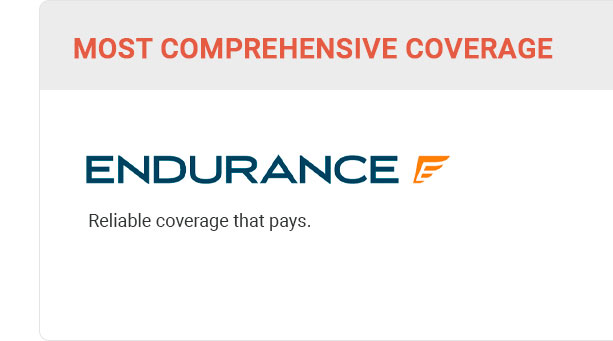 |
 |
 |
 |
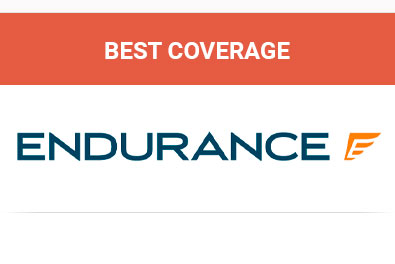 |
 |
 |
 |
 |
 |
|||
 |
 |
|||
 |
 |
|||
 |
 |
|
|||||||
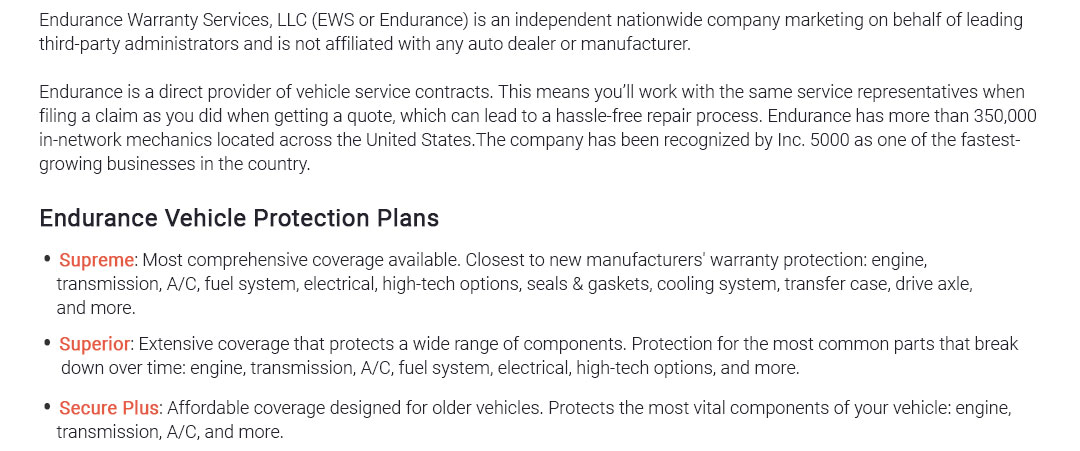 |
|||||||
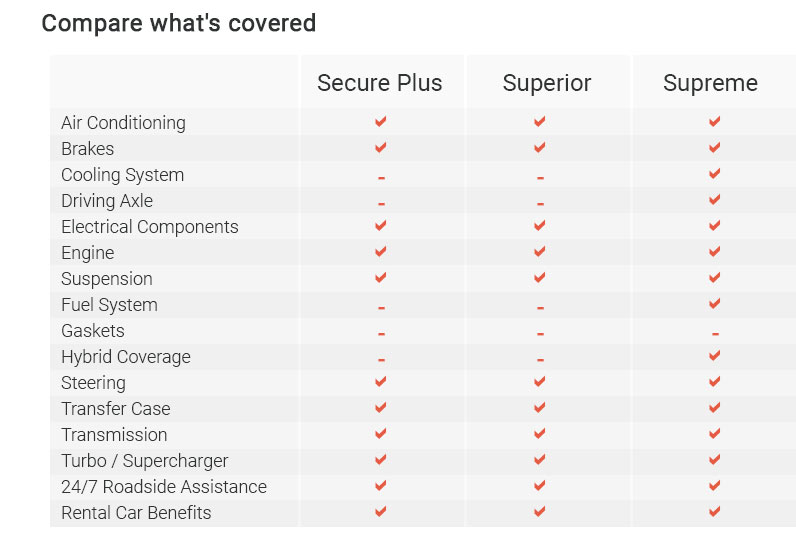 |
|||||||
 |
|||||||
 |
|||||||
|
|||||||
|
||||||
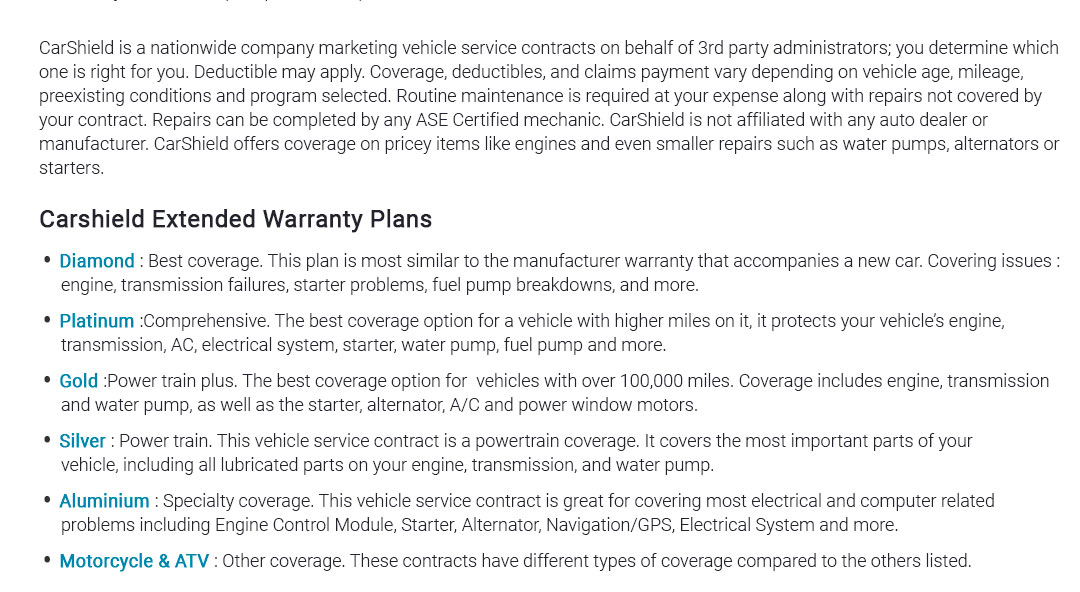 |
||||||
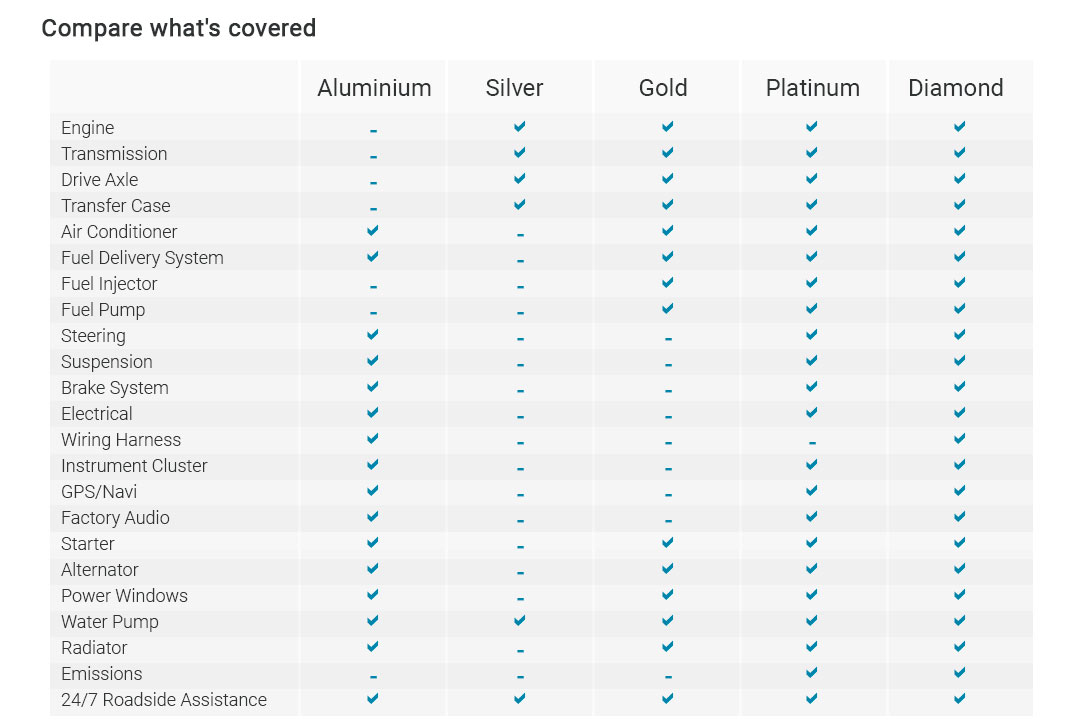 |
||||||
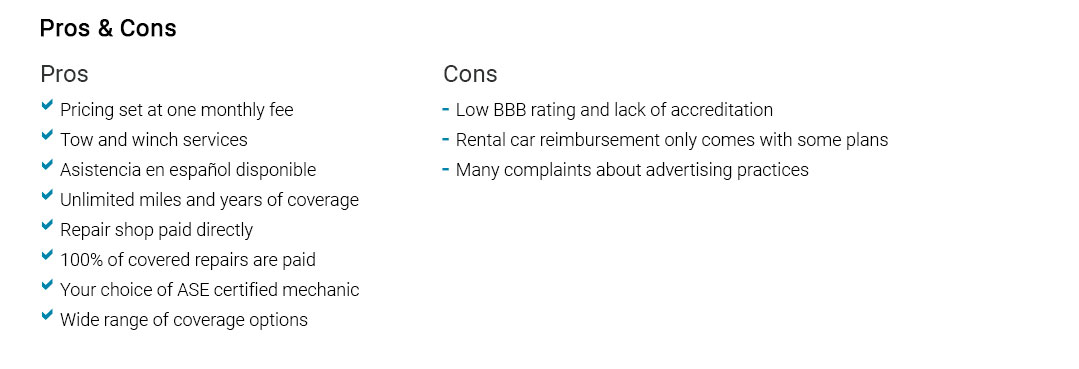 |
||||||
|
 |
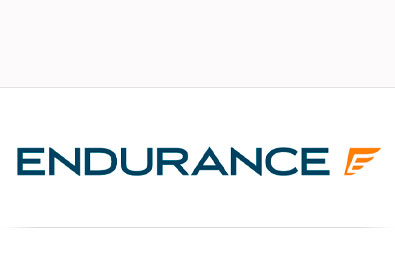 |
 |
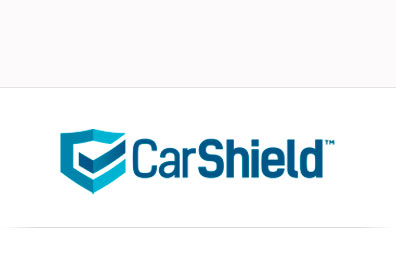 |
 |
 |
 |
|||
 |
 |
|||
 |
 |
Exploring the Landscape of High Mileage Warranty CompaniesAs vehicles age and accumulate miles, the likelihood of mechanical issues tends to increase, leading many car owners to seek the protection offered by high mileage warranty companies. These companies specialize in providing extended warranty plans that cater to vehicles with substantial mileage, often defined as those that have exceeded 100,000 miles. Navigating this niche of the warranty market requires an understanding of several key considerations that can significantly impact the value and effectiveness of the coverage. Firstly, it is crucial to assess the reputation and reliability of the warranty provider. Established companies with a track record of customer satisfaction and prompt claims processing are typically more desirable. Consumer reviews and ratings can offer insight into the experiences of past clients, shedding light on any potential red flags or exemplary service. Moreover, accreditation by organizations such as the Better Business Bureau can serve as an additional indicator of trustworthiness. Another important factor is the scope of coverage provided by the warranty. High mileage vehicles are prone to a range of issues, and a comprehensive plan should ideally cover major components such as the engine, transmission, and drivetrain, as well as electrical systems and other critical parts. However, it's important to scrutinize the policy for exclusions, as certain companies might limit coverage on specific parts or repairs that are common in older vehicles. Cost is naturally a significant consideration. The price of a high mileage warranty can vary greatly depending on the vehicle's make, model, age, and mileage. It's advisable to obtain quotes from multiple providers to ensure competitive pricing. However, the cheapest option may not always be the best; balancing cost with the extent of coverage and the reputation of the company is essential for making an informed decision. Additionally, car owners should pay attention to the terms and conditions regarding claims. This includes understanding the process for filing a claim, the deductible amounts, and whether the warranty company works with a network of repair shops or allows the vehicle owner to choose their preferred service provider. Some warranties offer flexibility in this regard, while others may impose restrictions that could affect convenience and satisfaction. Lastly, consider the transferability of the warranty. For owners who might consider selling their vehicle before the warranty expires, the ability to transfer the warranty to a new owner can be an attractive selling point and may enhance the vehicle's resale value. In conclusion, selecting a high mileage warranty company involves a careful evaluation of multiple factors, from the provider's reputation and coverage details to cost and terms of service. By prioritizing these considerations, vehicle owners can secure the peace of mind that comes with knowing their investment is protected against unexpected repairs, ultimately making the driving experience more enjoyable and less stressful. https://www.protectiveassetprotection.com/f-i-solutions/automotive/vehicle-service-contracts
Insurance Company (PLAIC). PLICO, founded in 1907, is located in Omaha, NE ... https://www.chaiz.com/blog/best-extended-warranty-for-used-cars
Get protection for your older, high-mileage car with generous term limits. You get 15 years/ 250,000 miles coverage. This extended warranty company is best ...
|



